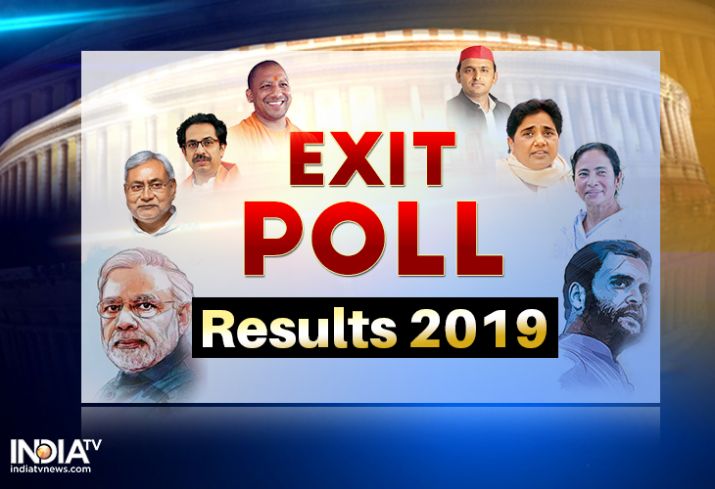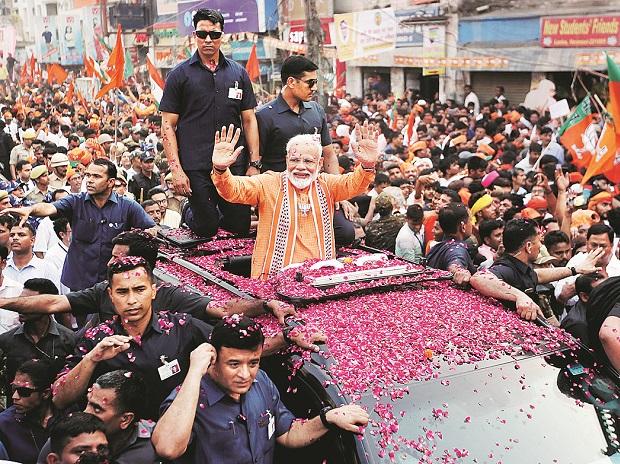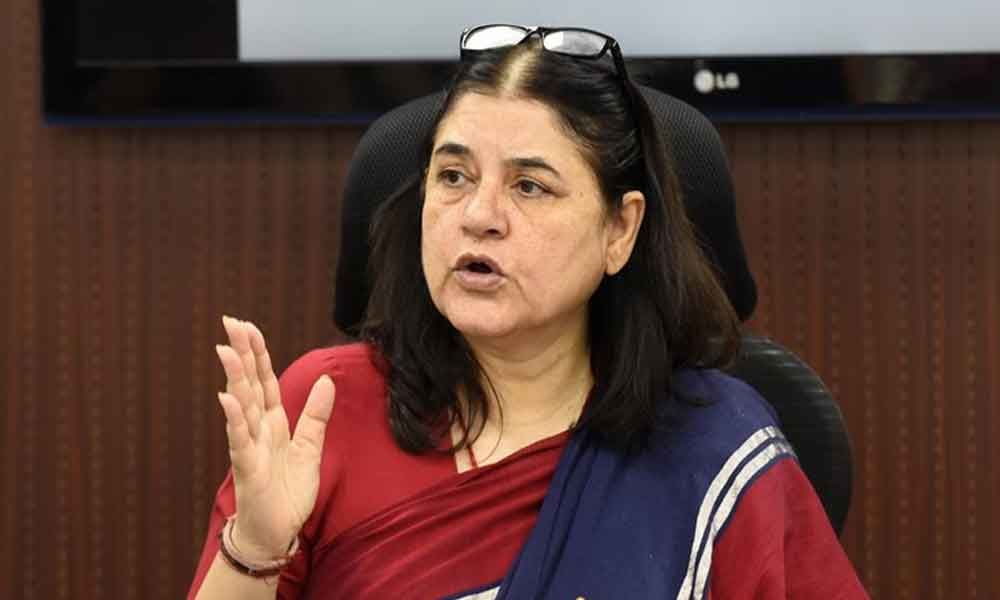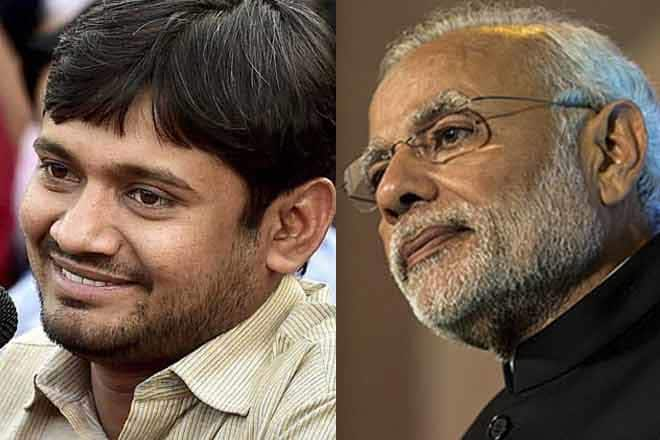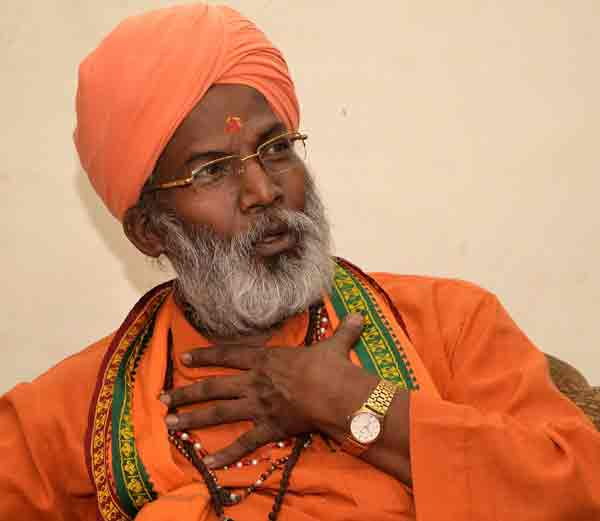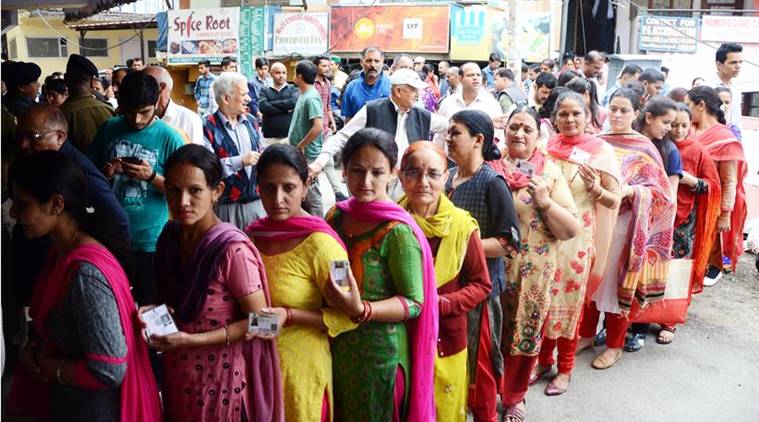
The Model Code of Conduct is a set of norms and guidelines to be followed by political parties, candidates, polling agents and covers under its ambit, eight provisions; namely, general conduct, meetings, processions, polling day, polling booths, observers, the party in power and election manifestos.[1] The Model Code of Conduct is enforced as soon as the Election Commission makes the announcement for the schedule of Assembly elections in a state or the Lok Sabha polls and continues to be implemented until the results are announced. Article 324 vests the power of superintendence, direction and control of elections in the Election Commission.[2] The Election Commission is a Quasi- judicial body that is empowered by the Constitution to carry electoral administration in an independent, fair, unbiased manner; its decisions are subject to appeals made to the courts of law. This commentary assesses the extent of application of the Model Code of Conduct during the 2019 General elections which gives us a glimpse as to how the bigoted and fascist policies promulgated by the present government are not an aberration from the discriminative, divisive and anti-Muslim agenda as had been laid out in all their speeches and conduct during the time of elections.
The Model Code of Conduct prohibits attempts to aggravate existing differences, creation of communal hatred, causing tensions on the lines of religious or linguistic differences through activities of political parties and candidates. It was in response to the petition filed by Harpreet Mansukhani, a yoga teacher based in Sharjah against the divisive rhetoric of the politicians that the Supreme Court took it upon itself to pull up the Election Commission so its powers are invoked. Election Commission issued orders enforcing temporary bans on Yogi Adityanath, Mayawati, Azam Khan and Maneka Gandhi for the following speeches:
- Yogi Adityanath, in his speech delivered on 19th April 2019 at Sambhal, Uttar Pradesh ‘implored’ voters to not give ‘reigns’ of the country to terrorists, to those who call themselves the descendants of Babur and opponents of Bajrangbali[3]. He was barred from holding any public processions/ rallies and public utterances in the media in terms of electronic, print or social media, in connection with ongoing elections for 72 hours.
- Maneka Gandhi, in a statement made in Sultanpur, Uttar Pradesh asked Muslims to vote for her if they wanted to get their work done. She was barred from campaigning in any form for 48 hours.[4]
- Mayawati, during a public rally on 7th April, 2019 at Deoband, appealed to Muslims to not vote for Bharatiya Janata Party and such an appeal to communal feelings for securing votes is infringement of guidelines under para 3 and 4 of part I ‘General Conduct’ of “Model Code of Conduct”, and she was therefore barred from holding public meetings and rallies for 48 hours.[5]
However, as Congress put it, the Model Code of Conduct was embodied as ‘Modi Code of Conduct’ and Prime Minister Narendra Modi was considered to be above the law of the land.[6] Multiple speeches of Mr Modi and Mr Amit Shah can be observed to have been used as a medium to capitalise on communal feelings in order to gain political leverage. Prime Minister Narendra Modi appealed to religion in his speech where he remarked that Rahul was contesting from Wayanad in Kerala apart from Amethi in Uttar Pradesh because the Congress wanted to seek refuge in constituencies in which members of the minority communities (Muslims) formed the bulk of the voters. The speech wanted to carve an impression of Congress that was abhorrent of Hindus by saying that the Congress used “Hindu terror” to describe some high profile bomb attacks.[7]
As a dread mongering tactic, MLA from Gujarat and BJP member, Ramesh Katara made misleading claims about Narendra Modi installing cameras inside polling booths so they can exclude such electorate from employment benefit schemes that failed to give vote to Bharatiya Janata Party.[8] This is not only against public morality but also Popular Constitutionalism which vests in people the right to determine their rights and duties through the embodiment of fair representation ensured through free elections. The political dialogue emanating from the political parties and candidates should not reflect the trait of consumerism where only a section of the population is pleased but the dialogue should instead reflect realisation of public service and commitment to the larger population. Elections are the essential blood of the democracy that determine the strength and virility of the equal and fair representation in the country. Elections shouldn’t be used as a medium to demean the forces of social heterogeneity in the vastly diverse country that India is.
Among other incidents leading to violation of the Model Code of Conduct are when Narendra Modi appealed to the youth in the country to dedicate their votes to the Balakot air strikes, an instance where the Prime Minister took a jibe at Pakistan was when he said that India’s nuclear arsenal is not meant for Diwali and will be used when needed, he also capitalised on Abhinandan’s return in his election campaigning. All of these speeches by Modi were ultimately given clean chit, none of the complaints mentioned above were published on the website of the Election Commission. Congress MP Sushmita Dev pleaded to the Supreme Court to review the Election Commission’s orders giving clean chits to Prime Minister Narendra Modi and BJP President Amit Shah. The continuous failure to publish those orders was evidence of the Commission’s inaction, inadequacy and a sign of discriminative and arbitrary exercise of power. During the last hearing, the Supreme Court decided that it won’t review the orders of the Election Commission after a technicality issue was raised that the said orders can only be reviewed by the Supreme Court in separate writs filed by the Congress Party or when these orders are challenged by the complainants themselves. Furthermore, in an order of the EC passed on 21st May 2019, it was held that in delivery of the final decision of the EC, only the majority view be announced and not the dissent.[9]
If the Quasi-judicial nature of the Election Commission can be invoked to state that the orders of the Election Commission are not mandatorily published, it can also be invoked to reiterate that such quasi judicial bodies exercise powers limited to interpretation of the law and that they cannot function as courts and amend the applicability of existing laws. Therefore, it is necessary for the Election Commission to abide by provisions of the Model Code of Conduct, the Representation of People Act as well as the Indian Penal Code in its function of countering malpractices.
In the opinion of Harpreet Mansukhani, Section 123 of the Representation of People Act has not armed the Election Commission with sufficient powers to ensure free and fair elections as there are instances wherein the Election Commission cannot hold accountable- spokespersons, media representatives or other politicians who’re not contesting elections. She suggested that:
- There be a committee constituted under the Chairmanship of retired Supreme Court Judge that monitors the independence of the Election Commission and puts its decision making to the test of loyalty and rule of law.
- Appointment of the Election Commission should be based on a collegium system as in the case of judiciary as this would enhance its independence and also increase the public trust on the Election Commission.
While we have political thinkers recommending that the Model Code of Conduct be made legally enforceable, some argue that this will defeat the purpose of the Election Commission because the moral sanction used by the Election Commission ensures that the complaints are responded to and violations are countered quickly without moving the court. This moral sanction can be effectively enforced by invoking parallel provisions in the Representation of People Act 1951 and Indian Penal Code, by using the punitive measures like imposition of fine, filing of First Information Report; maximum punishment of which would be imprisonment or promulgation of an order for cancelling or conducting renewed elections in a constituency. Examples of such punitive measures taken in the past include the CM of Punjab paying to the government for an entire air journey he used the state aircraft for, in pursuance of his campaign.[10] Even if the Election Commission appears to be at a disadvantage against the Central Government due to the prevalent appointment system, it isn’t detrimental enough to impede its exercise of duties as even a minor insinuation to the Prime Minister is enough to cause the ripples amongst the media, public and civil society. If the Central Government treads on the path of leveraging on divisive politics (erasing Muslim heritage by changing names of cities), ultra nationalism, racial supremacy, militarism, fascism, sectarianism, crony capitalism, hatred, intolerance, bigotry and when these instances also impinge the electoral conduct as defined by the Election Commission, the Election Commission should take punitive action.
Shreya Devgan is a law student at Symbiosis Law School, Pune. Email: [email protected].
[1] Roshni Sinha, Model Code of Conduct and 2019 General Elections, The PRS Blog, March 11, 2019.
[2] Article 324, the Constitution of India.
[3] Japnam K. Bindra, Modi’s Barmer rally speech gets EC clean chit, livemint, May 03 2019.
[4] ‘Election Commission warns Maneka Gandhi over communal remarks’, National Herald, 29th April 2019.
[5] Para 3 and 4 of part I ‘General Conduct’ of Model Code of Conduct
[6] Model Code of Conduct has become ‘Modi Code of Conduct’: Congress on EC Clean Chit to PM Narendra Modi, Outlook India, 01 May 2019.
[7] Shreya Roy Chowdhury &SruthisagarYamunam, With complaints pouring in, the Election Commission’s code of conduct is being tested intensely, Scroll.in, Apr 04, 2019 · 01:41 pm.
[8] Piyush Pal, Poll Code violations: Scope of Election Commission’s powers, Times Of India, May 6th 2019.
[9] Vineeta Pandey, Dissent will not be part of EC orders, The Asian Age, May 22, 2019, 7:33 am IST.
[10] Manual on Model Code of Conduct, Document 21- Edition 1, Page 54, March 2019.
SIGN UP FOR COUNTERCURRENTS DAILY NEWSLETTER


